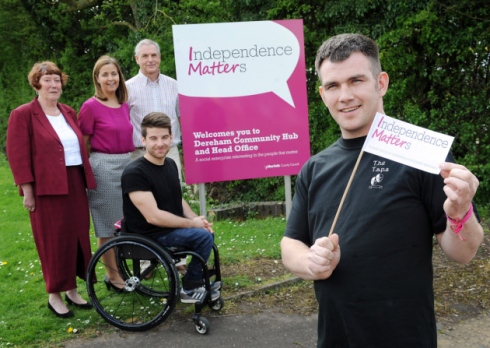Home
About Us
Behavioral Risk Factor Surveillance System
by: Michael SaundersThe Centers for Disease Control and Prevention, otherwise referred to as CDC, is a United States Federal government agency operating under the Department of Health and Human Services that is largely accountable for safeguarding public health and safety through the acquisition of additional information that could lead to the improvement of health-related decisions.
|
|
The initiatives of the CDC are constantly geared towards the realization of their agency mission which is "to create the expertise, information, and tools that people and communities need to protect their health – through health promotion, prevention of disease, injury and disability, and preparedness for new health threats."
In line with this mission, the Centers for Disease Control and Prevention has established the Behavioral Risk Factor Surveillance System Program wherein it intends to provide financial and programmatic assistance to State Health Departments in the process of maintaining and expanding ways of collecting pertinent health data.
The Behavioral Risk Factor Surveillance System Program is a health tool that is used to collate significant data regarding health-related threats and strategies that could help improve the health and wellness of the American people.
(continued...)
Behavioral Risk Factor Surveillance System
Page 2
About The Author
Michael Saunders is an editor of TopGovernmentGrants.com one the the most comprehensive Websites offering information on government grants and federal government programs. He also maintains Websites providing resources on artist grants and children grants. |
Additional Resources
category - Health Grants
Competitive Revision for Technology Development Within Biomedical Technology Research Centers Program
Government Grants Within the United States Food and Nutrition Sector
Lifespan Respite Care Program - Technical Assistance Resource Center
Biomedical and Behavioral Research Innovations to Ensure Equity in Maternal and Child Health
Follow @topgovtgrant
Social Entrepreneurship
Spotlight
Dereham Day Services Center Celebrates New “Social Enterprise” Model

Independence Matters, the largest council-owned community interest and day services company, celebrates the success of its new social enterprise model that boost its care and support services to more than 1,450 people across Norfolk.
